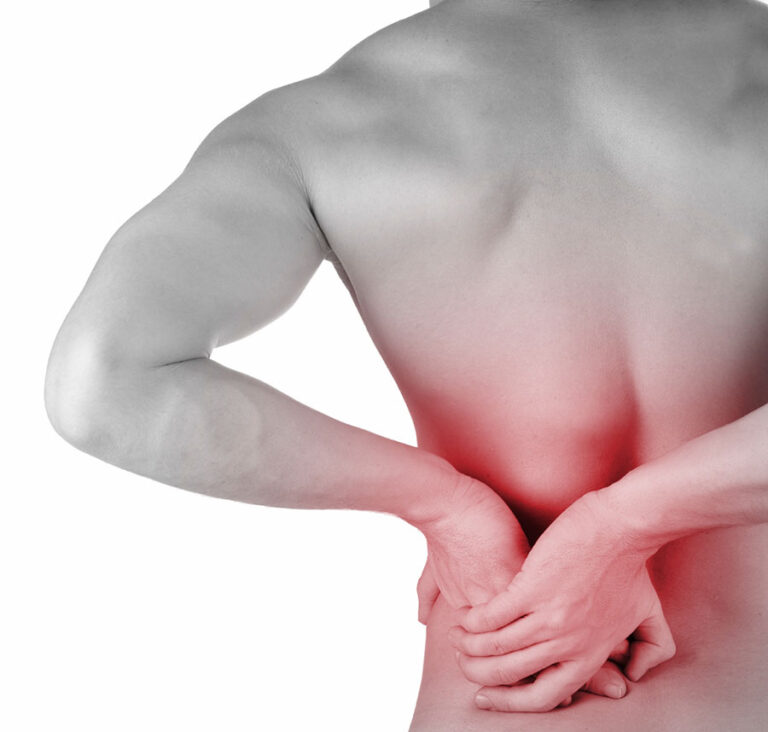Back pain is one of the most common health complaints worldwide, affecting millions yearly. For those who suffer from chronic back pain, the condition can significantly impact their quality of life. It detracts from their ability to work, play, and even sometimes perform basic daily activities.
The good news is that new improvements are being made in back pain treatments. These improvements will greatly improve the lives of the millions of people who previously may have felt helpless in this situation.
New and Upcoming Back Pain Treatment Solutions

Overall, the future of treatment for long-term back pain is promising, with many new and exciting technological developments on the horizon. While there is still much research to be done, patients suffering from long-term back pain can be hopeful that new treatments and technologies will become available in the coming years. Treatment for people suffering from long-term back pain, including those with degenerative disc disease (DDD), is an ongoing research and development area. In recent years, there have been significant advancements in the field, and scientists and doctors continue to work to improve treatment options and find new ways to alleviate pain.
Regenerative Medicine
One area of research that has shown promise is the use of regenerative medicine. This field involves using the body’s own cells and tissues to repair and regenerate damaged tissue. In the case of Degenerative Disc Disease, researchers are working to develop methods for growing new intervertebral discs or encouraging the repair of existing discs. One company working on this type of solution is DiscGenics, with CEO Flagg Flanagan at the helm.
Improving Existing Techniques
Another focus of scientists and doctors is working on improving existing surgical techniques. With the advent of new technologies such as computer-assisted surgery, robotic-assisted surgery, and minimally invasive techniques, surgeries are becoming less invasive and more precise. These changes will reduce recovery times and improve outcomes.
VR

One potential area of research that has been gaining attention is using virtual reality (VR) technology to help manage pain. Research has shown that VR can help to distract patients from pain and reduce the need for pain medication. VR may be especially beneficial for patients unable to take medications due to other health conditions.
Wearable Technology
Physical therapy and rehabilitation are also important for managing back pain, and researchers are working to develop new technologies that can help to enhance the effectiveness of these therapies.
For example, wearable technology such as posture sensors and activity trackers can help monitor patients’ movements and provide personalized feedback on improving posture and avoiding pain-inducing activities.
Why Does Improving Back Pain Treatment Matter?

One of the most immediate benefits of decreasing back pain is improving physical function. When the back is in pain, it can be difficult to move, bend, and perform even the simplest tasks.
People will likely see improved mobility, flexibility, and overall physical well-being when the pain goes away, allowing them to move more freely and easily perform daily tasks.
Another way that decreasing back pain can improve lives is by improving mental health. Back pain can lead to feelings of frustration, depression, and anxiety, as well as sleep disturbances, which can further exacerbate the pain. When the pain decreases, individuals often report a significant improvement in their mood and emotional well-being.
Decreasing back pain can also lead to an improvement in overall quality of life. People with chronic back pain often miss out on social events and activities, have trouble sleeping, and feel isolated. When their pain is decreased, they can participate in activities they enjoy and have a better overall sense of well-being from increased social interaction.
When individuals are in chronic pain, they may miss work, have to take time off, and in some cases, even become disabled. When the pain decreases, individuals can work more efficiently and return to normal life.
In conclusion, decreasing or eliminating back pain can profoundly impact people’s lives. It can improve physical function, mental health, quality of life, and financial stability. For those who suffer from chronic back pain, finding effective ways to manage and decrease the pain is essential for improving their overall well-being. Consult a healthcare professional to get tailored advice on managing your back pain.

